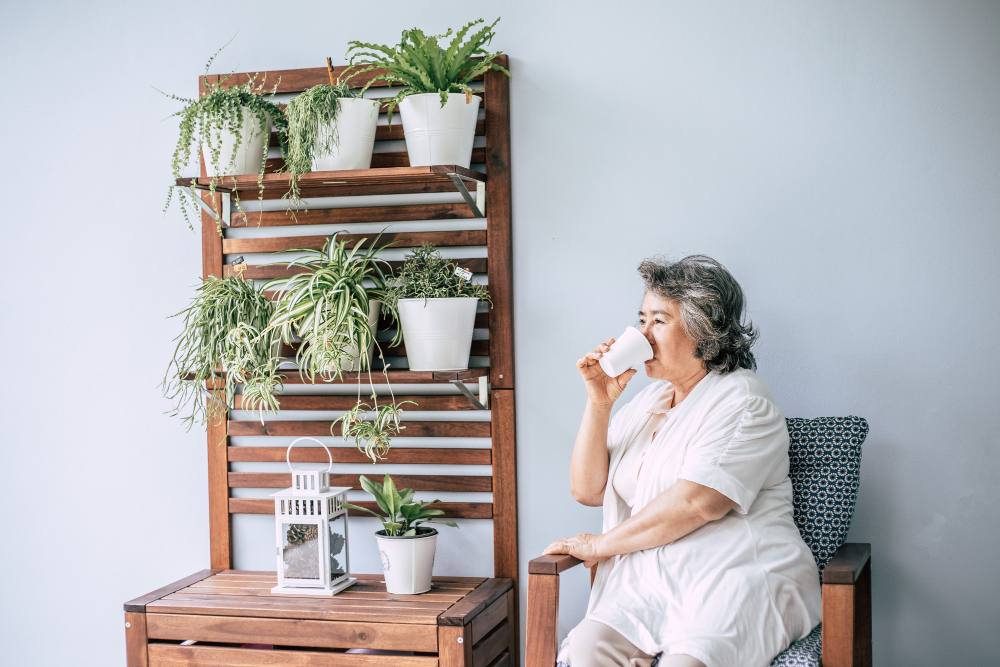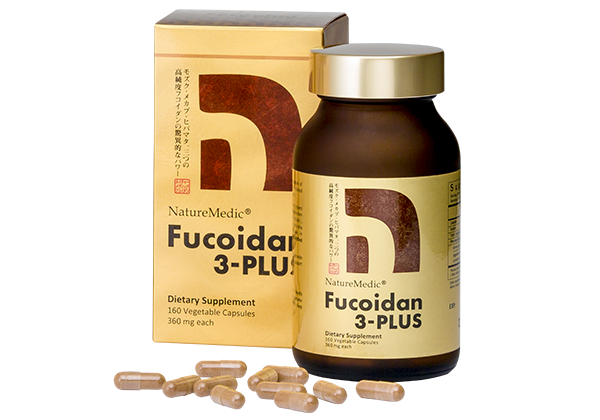Chemotherapy is a common treatment used to target abnormal cell growth, but its side effects can be physically and mentally exhausting for patients. Many people wonder how to alleviate chemotherapy side effects—fortunately, with the right strategies, discomfort can be significantly reduced, improving overall quality of life.
5 Common Chemotherapy Side Effects and How to Manage Them
1.How to Relieve Nausea and Vomiting?
Chemotherapy may cause nausea and vomiting, affecting appetite and energy levels. Here are some effective ways to ease these symptoms:
- Dietary Adjustments: Avoid greasy, spicy, and strong-flavored foods. Choose light and easily digestible meals.
- Medication Support: Follow your doctor’s prescription and take anti-nausea medications as directed.
- Eat Small Portions: Consuming small, frequent meals helps reduce stomach discomfort.
2.How to Combat Fatigue? 3 Effective Strategies
Fatigue is one of the most common chemotherapy side effects, impacting daily life. Ways to relieve fatigue include:
- Getting Enough Rest: Ensure quality sleep and take short naps when needed.
- Light Exercise: Activities like walking or yoga can help boost energy levels.
- Energy Management: Plan daily activities wisely to avoid overexertion.
3.How to Reduce the Discomfort of Mouth Ulcers?
Mouth ulcers can make eating difficult and affect nutrient intake. Here’s how to manage them:
- Maintain Oral Hygiene: Rinse your mouth daily with warm salt water to reduce infection risk.
- Avoid Irritating Foods: Limit acidic, spicy, or overly hot foods.
- Stay Hydrated: Drinking enough water keeps the mouth moist and alleviates discomfort.
- Medical Treatment: If ulcers become severe, consult a doctor for appropriate medications.
 4.Coping with Hair Loss and Its Emotional Impact
4.Coping with Hair Loss and Its Emotional Impact
Hair loss, although temporary, can be emotionally challenging for many patients. Consider these strategies:
- Change Your Look: Wearing wigs, hats, or scarves can help maintain confidence.
- Gentle Hair Care: Use mild hair products to minimize scalp irritation.
- Scalp Massage: Improves blood circulation, which may support hair regrowth.
5.Boosting Immunity to Reduce Infection Risks
Chemotherapy suppresses the immune system, making patients more vulnerable to infections. Strengthen immunity with these methods:
- Practice Good Hygiene: Wash hands frequently and avoid crowded places.
- Maintain a Balanced Diet: Consume sufficient protein and vitamin C to enhance immune function.
- Seek Medical Attention Promptly: If you develop a fever or infection symptoms, consult a doctor immediately.
Psychological Support and Complementary Therapies to Reduce Stress
In addition to physical effects, chemotherapy side effects can also cause emotional stress. The following strategies can help maintain mental well-being:
- Seek Support: Join patient support groups to share experiences and encouragement.
- Try Complementary Therapies: Mindfulness meditation, music therapy, and art therapy can promote relaxation.
- Communicate with Loved Ones: Let family and friends know your needs for better emotional support.
Frequently Asked Questions (FAQ)
Q1: How long do chemotherapy side effects last?
A1: The duration of chemotherapy side effects varies by individual. Typically, they gradually subside within a few weeks after treatment ends.
Q2: How can I reduce chemotherapy-related stomach discomfort?
A1: Eating small, frequent meals and avoiding spicy or acidic foods can help. Follow your doctor’s dietary recommendations for better digestive comfort.
Managing chemotherapy side effects requires a comprehensive approach, including a proper diet, sufficient rest, good hygiene, and psychological support. Patients and their families should work closely with the medical team to develop a personalized coping plan, improving quality of life throughout treatment.
 (852) 5729 0686
(852) 5729 0686 




 4.Coping with Hair Loss and Its Emotional Impact
4.Coping with Hair Loss and Its Emotional Impact



